Just ... wow.
Occasionally when I'm doing a bit of reading for the creative folks who've left us, I'm reminded of careers that truly transcend the ordinary perhaps without even a lot of us watching. What I mean is that I don't watch a lot of conventional shows -- dramas, historical pieces, etc. -- of which I'm pretty certain the vast majority of Tom Wilkinson's career was preoccupied with. (Not that there's anything wrong with such properties ... I just gravitate elsewhere, I suppose.) Over his lifetime, the man built an incredible 25 award wins -- including two Oscars -- attached to an astonishing 75 different nominations.
Wow. Just ... wow.
What a legacy.
Granted, we didn't see him truly stretch his legs to any massive degree in the realms of the Fantastic, and -- again -- there's nothing wrong with that. Not all creative stewards are drawn to such scripts, and they find comfort and solace sticking to the mainstream. I'm just glad that we had him for what entries we did, including stops along the way in flicks like Eternal Sunshine Of The Spotless Mind (2004), Batman Begins (2005), and The Titan (2018).
Our warmest prayers are extended to the family, friends, and fans of Tom Wilkinson.
May he forever rest in peace.
-- EZ

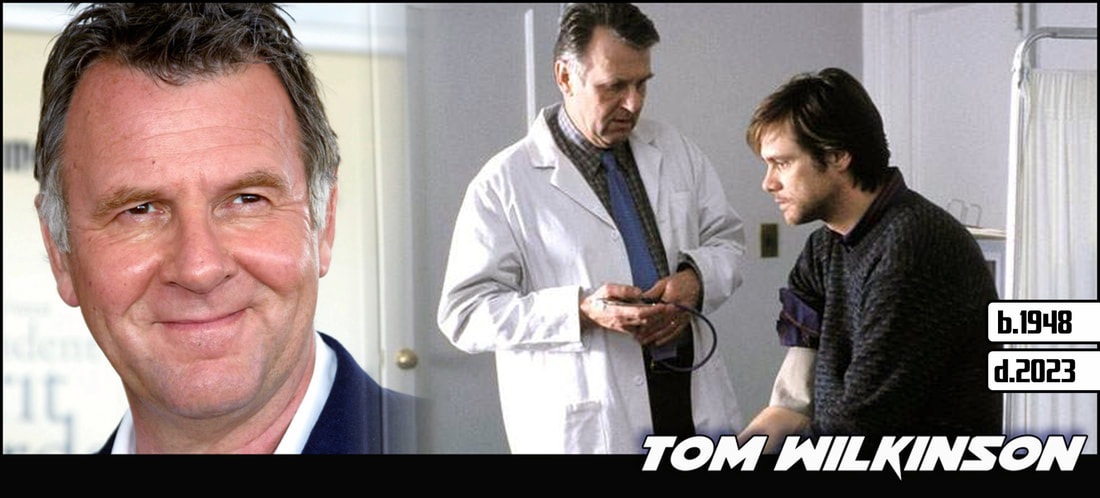
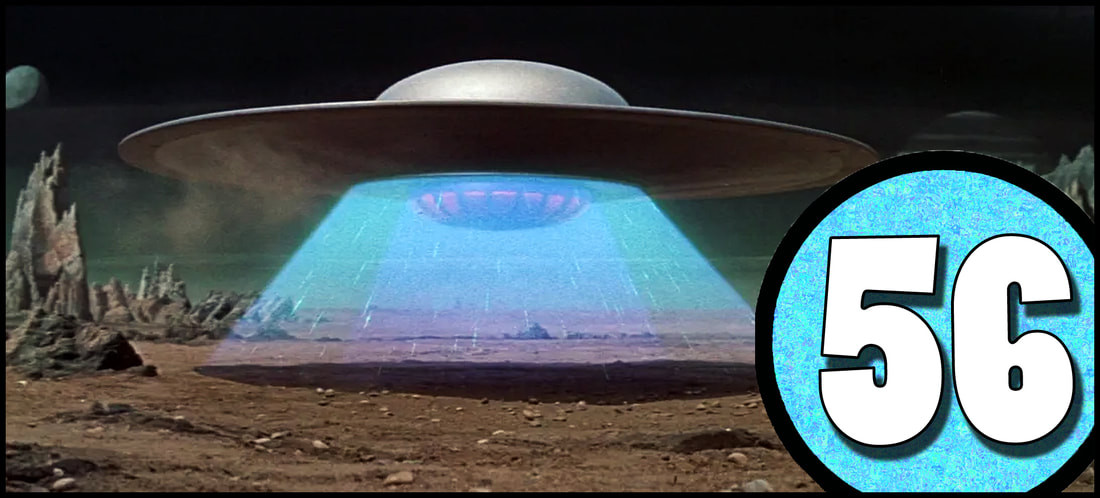
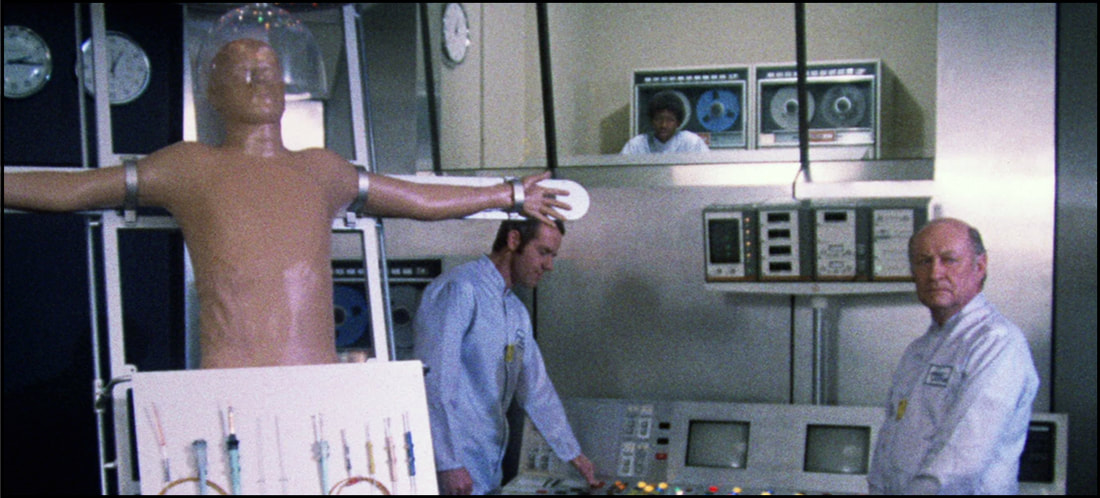
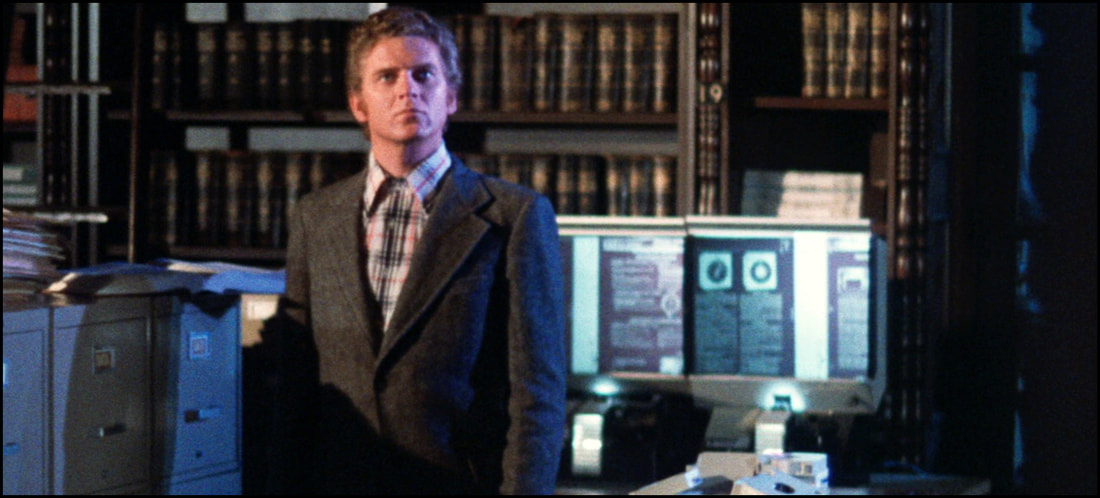
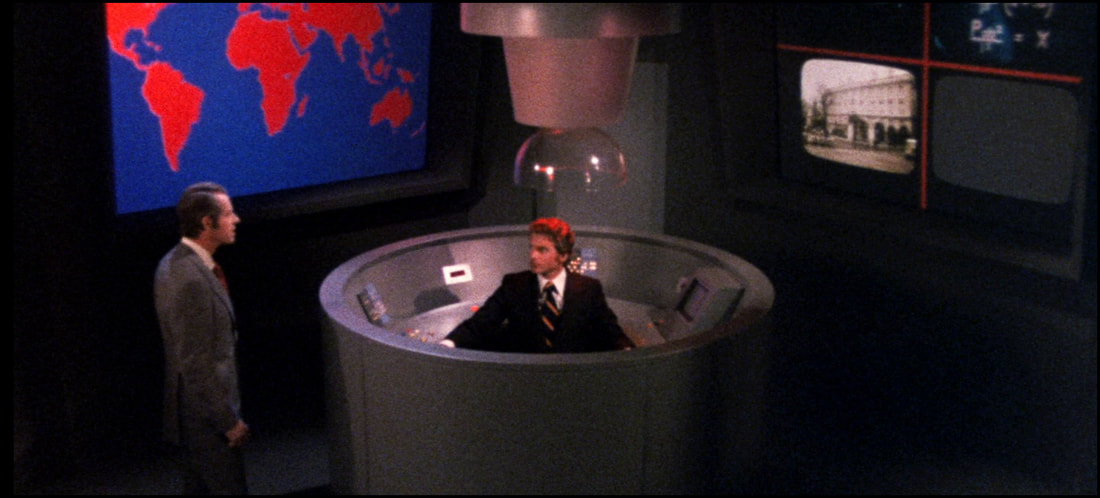
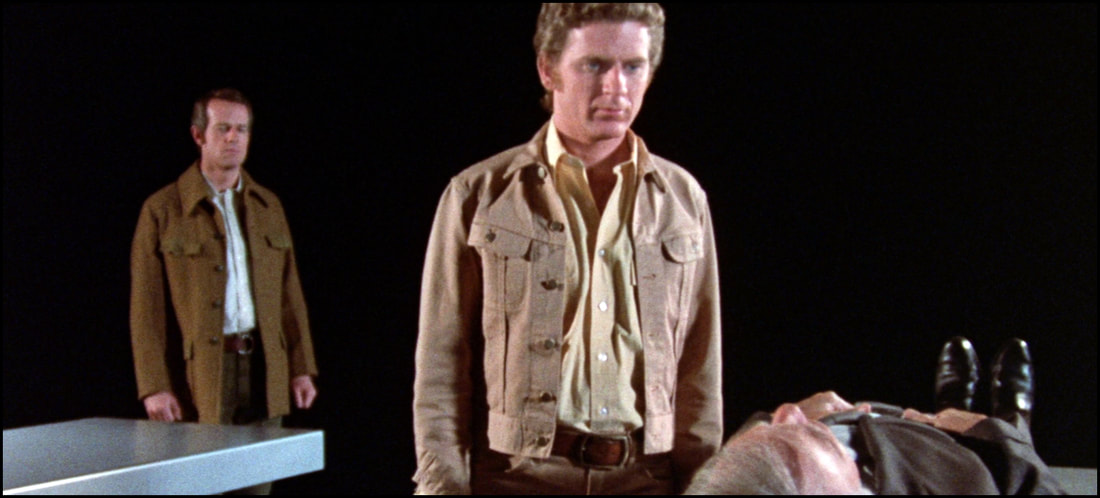
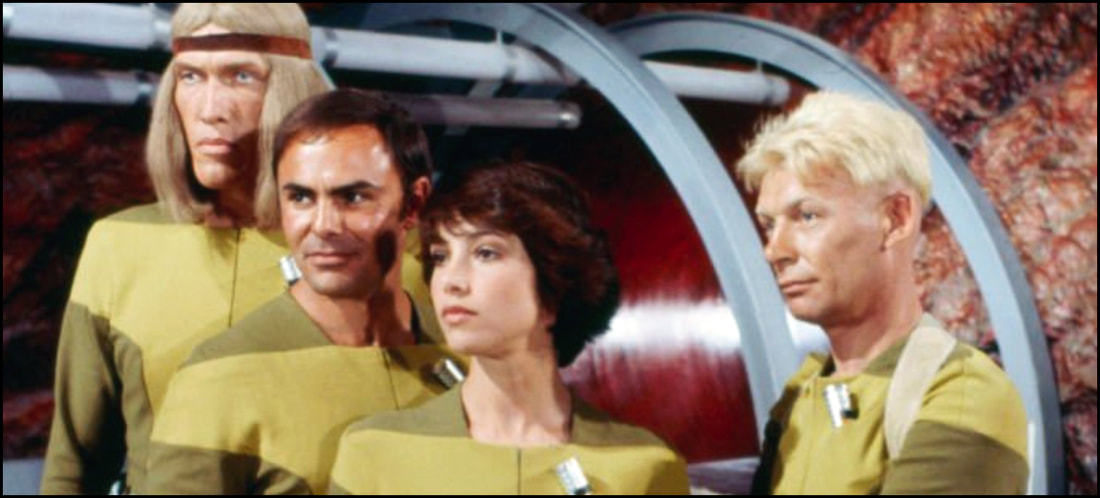
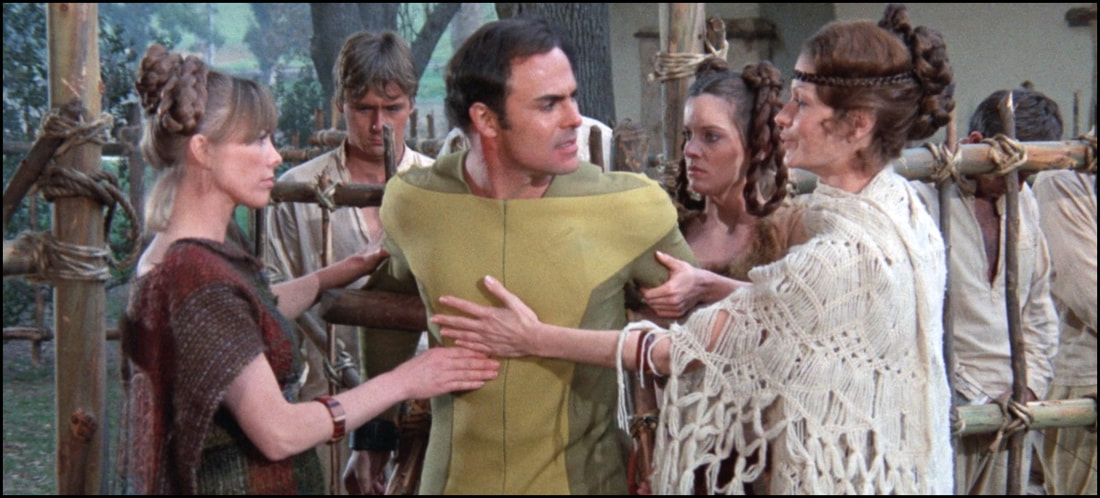
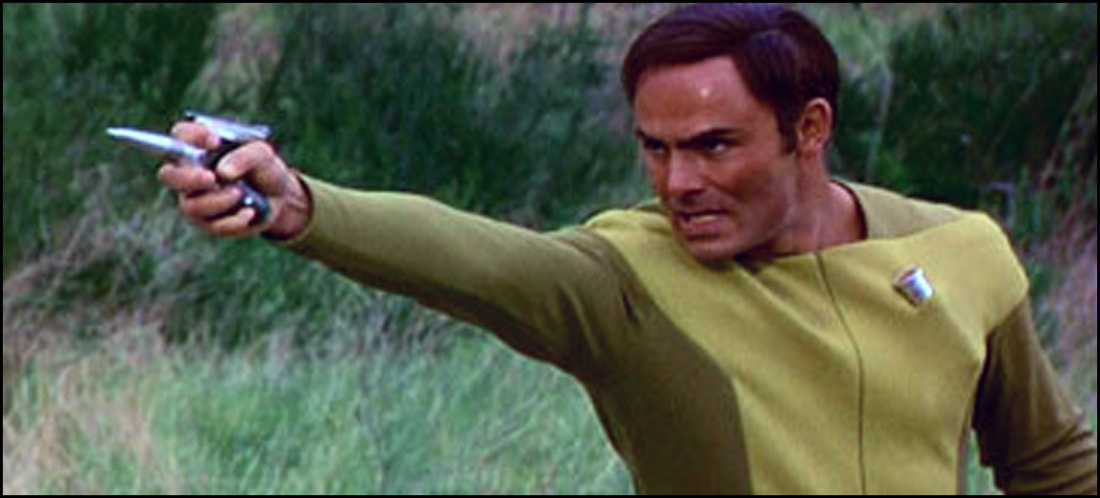
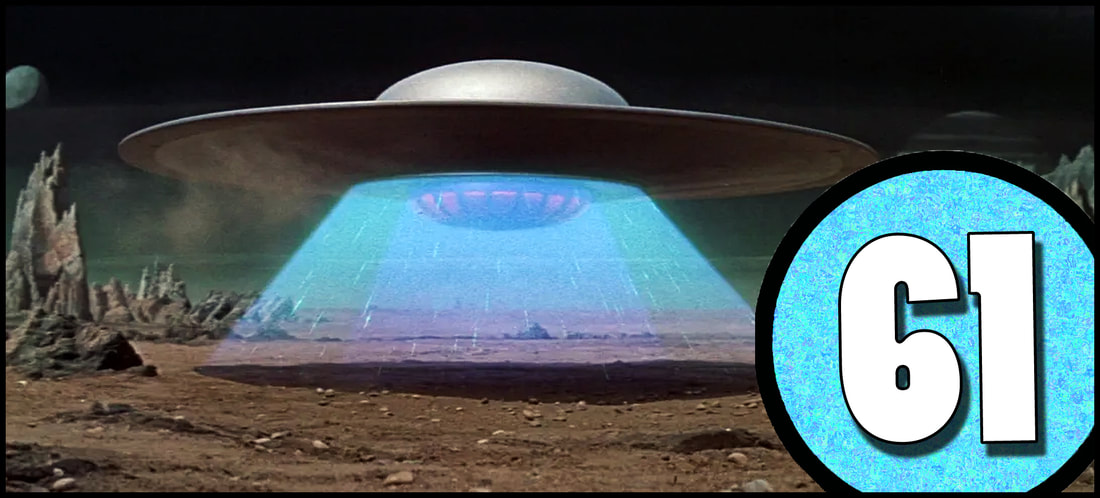
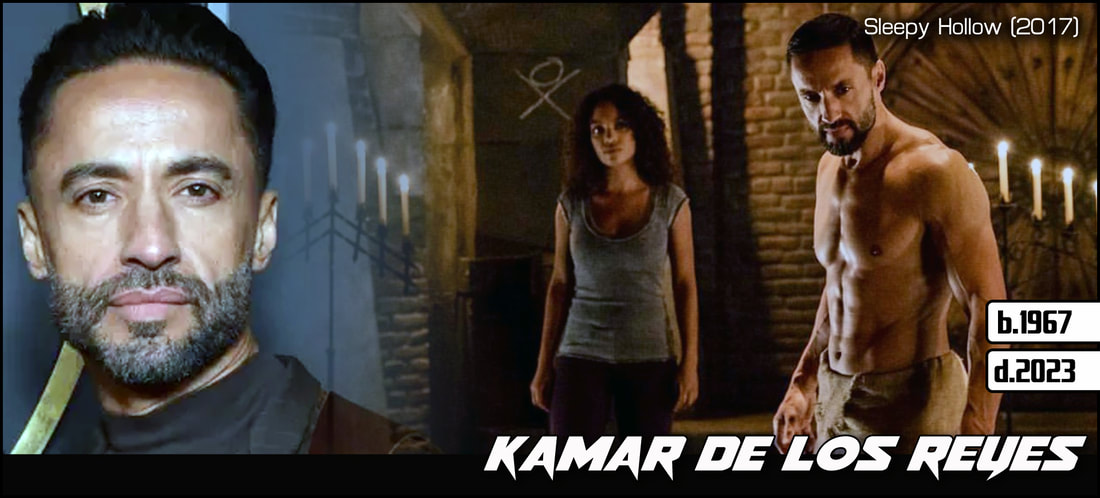
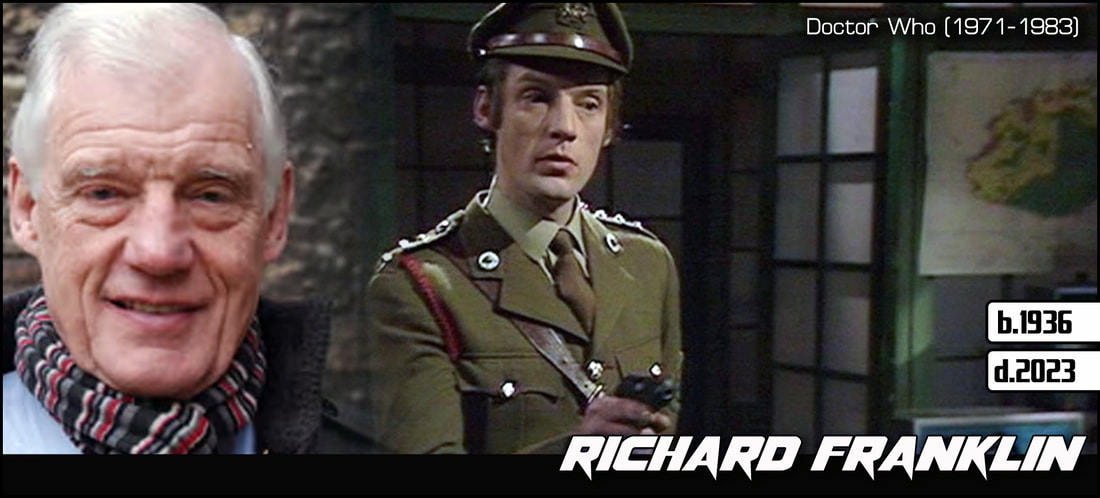
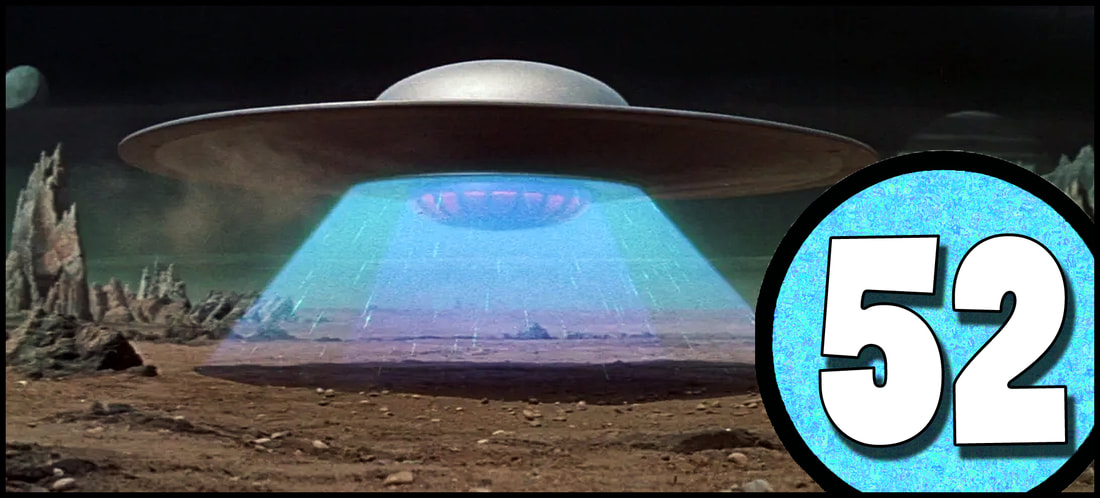
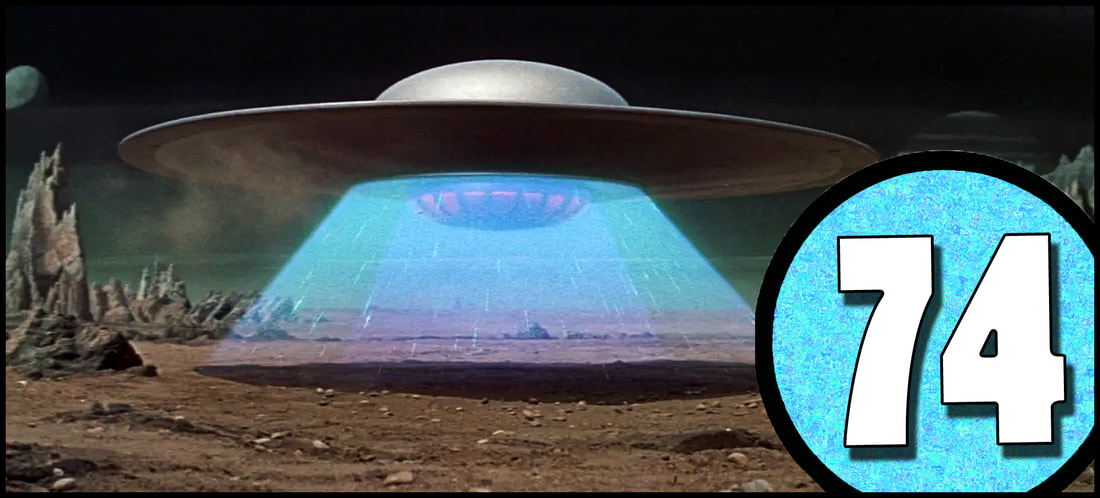
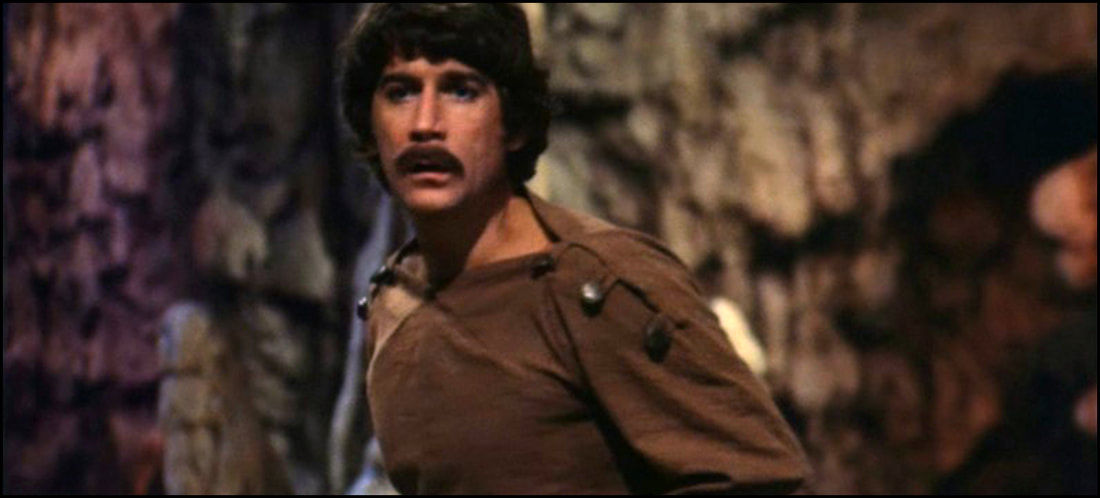
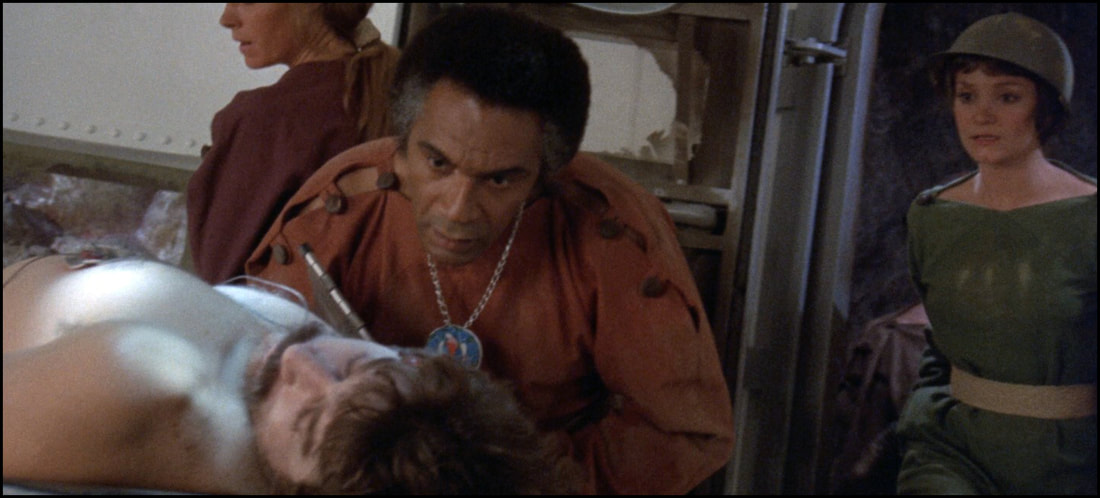
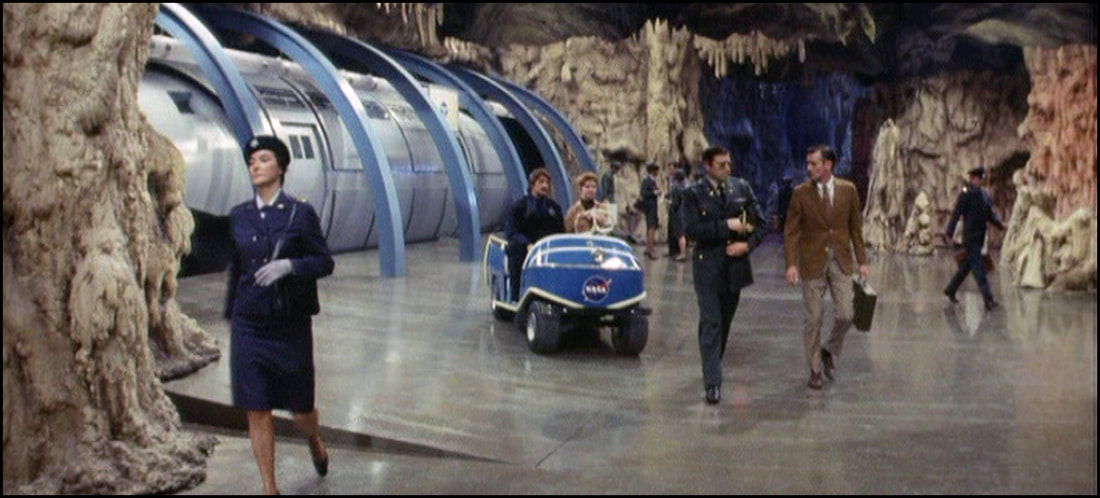
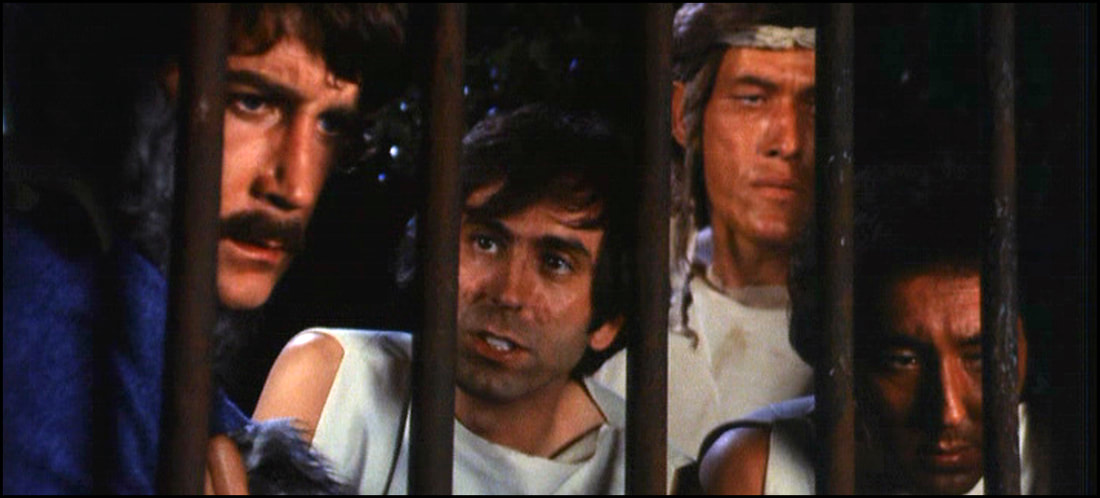
 RSS Feed
RSS Feed